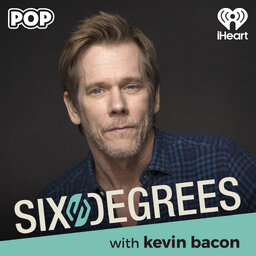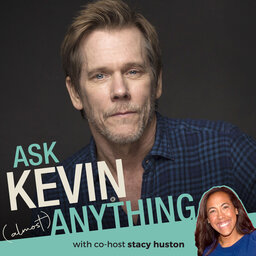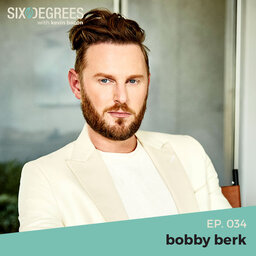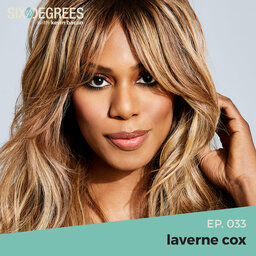Searching For Meaning w/ Penn Badgley & Tahirih Justice Center
Penn Badgley joins Kevin today and opens up about the origins of his love for acting, his journey with faith and eventually finding a home within Baha'i. The two discuss his passion for giving back and are joined by Anusce Sanai, Managing Attorney for the Tahirih Justice Center, an organization dedicated to supporting immigrant survivors of gender-based violence.
*Note: this interview was recorded before the SAG-AFTRA strike took effect.
To learn more and get involved with the Tahirih Justice Center, head to TahirihJusticeCenter.com. To support more initiatives like this program, text 'BACON' to 707070 or head to SixDegrees.Org to learn more.
 Six Degrees with Kevin Bacon
Six Degrees with Kevin Bacon


